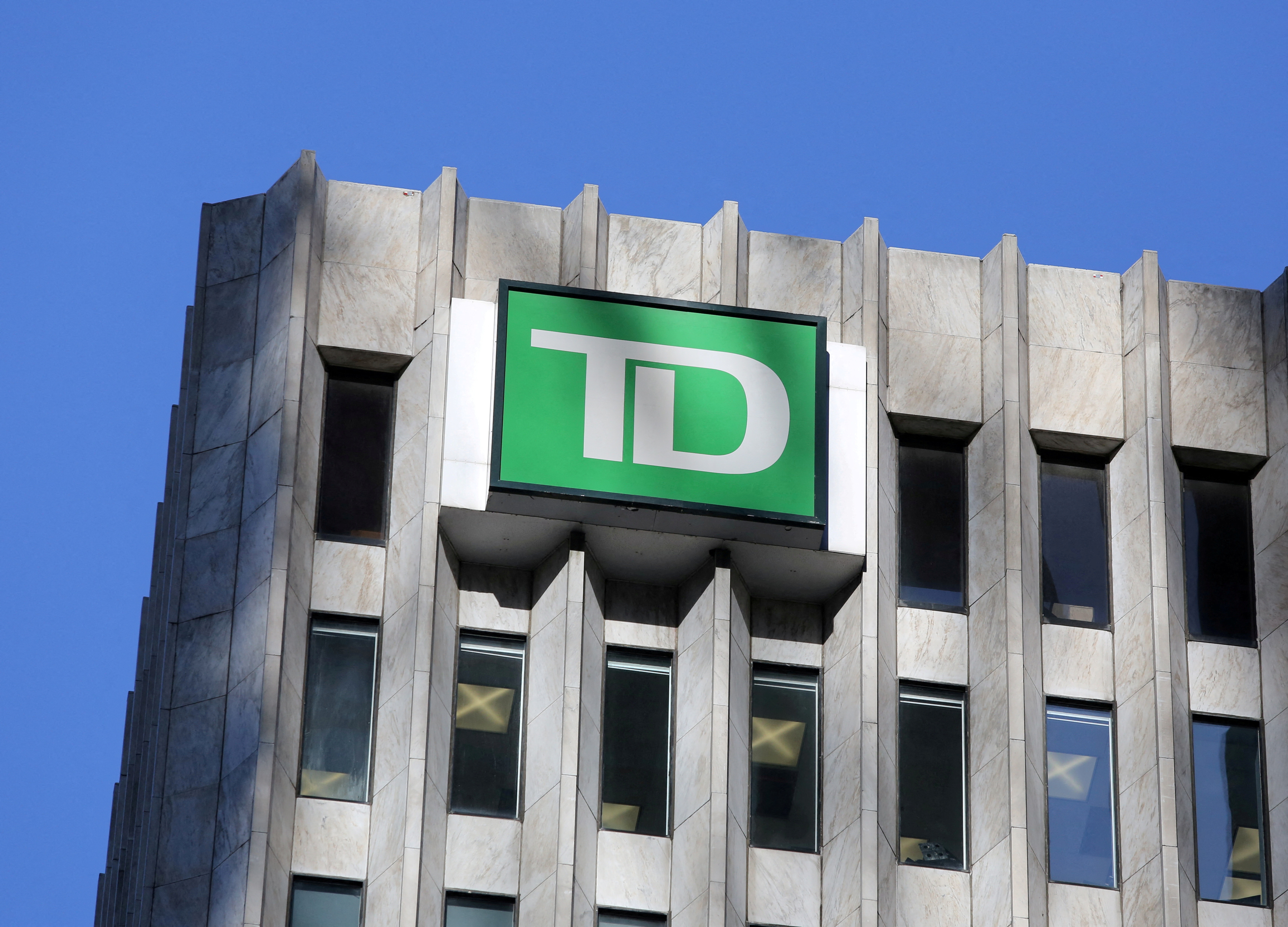
Toronto-Dominion Bank (TD:NYSE): A Beacon of Stability in the Banking Sector
Toronto-Dominion Bank (TD:NYSE), a leading Canadian financial institution, stands out in the banking sector with its attractive dividend yield of 5.3%, which is significantly higher than the sector average of 2.8%. This high yield is a testament to TD Bank’s robust financial health and its conservative approach fostered by Canada’s supportive regulatory environment. The bank’s history of consistent dividend payments since 1857 further underscores its financial stability and commitment to returning value to shareholders.
TD Bank’s financial performance in the recent quarter has been impressive, with a remarkable revenue growth of approximately 97.43%. This growth is mirrored in its gross profit, which also saw an increase of about 97.43%. Such figures indicate a strong operational performance and highlight the bank’s ability to generate income efficiently. Despite these positive trends, the bank experienced a slight decrease in net income growth by approximately 2.15% and a significant drop in operating income growth, which declined by roughly 95.99%. These figures suggest challenges in maintaining profitability levels amidst its expansion efforts and the evolving financial landscape.
The bank’s strategic expansion in the U.S., particularly along the East Coast, presents a significant opportunity for growth. This is further supported by the recent promotion of Matthew Boss to Head of U.S. Consumer Banking, underlining the bank’s commitment to strengthening its operations in the U.S. market. Boss’s leadership and the strategic focus on enhancing product offerings and customer service are expected to drive further growth in the bank’s deposit business and other consumer banking segments. However, the bank’s U.S. expansion has faced hurdles, including regulatory issues that have impacted its acquisition strategy.
Despite these challenges, TD Bank’s financial health remains strong, as indicated by its Tier 1 capital ratio of 13.9%. This ratio is a key measure of a bank’s financial strength and its ability to withstand adverse conditions. Additionally, the bank’s efforts to reduce its debt levels, with a decrease in debt growth by approximately 44.80%, further solidify its financial stability. The increase in book value per share growth by about 1.96% also suggests a positive outlook for the bank’s intrinsic value.
However, TD Bank must navigate the risks associated with the downturn in the Canadian housing market and the potential increase in troubled loans due to rising interest rates. These factors, combined with the operational challenges reflected in the significant declines in free cash flow and operating cash flow growth, by approximately 78.42% and 76.00% respectively, highlight the complexities of managing a large financial institution in a fluctuating economic environment. Nonetheless, TD Bank’s long-standing history, strategic focus on the U.S. market, and strong financial indicators position it well to overcome these challenges and continue its trajectory of growth and shareholder value creation.

